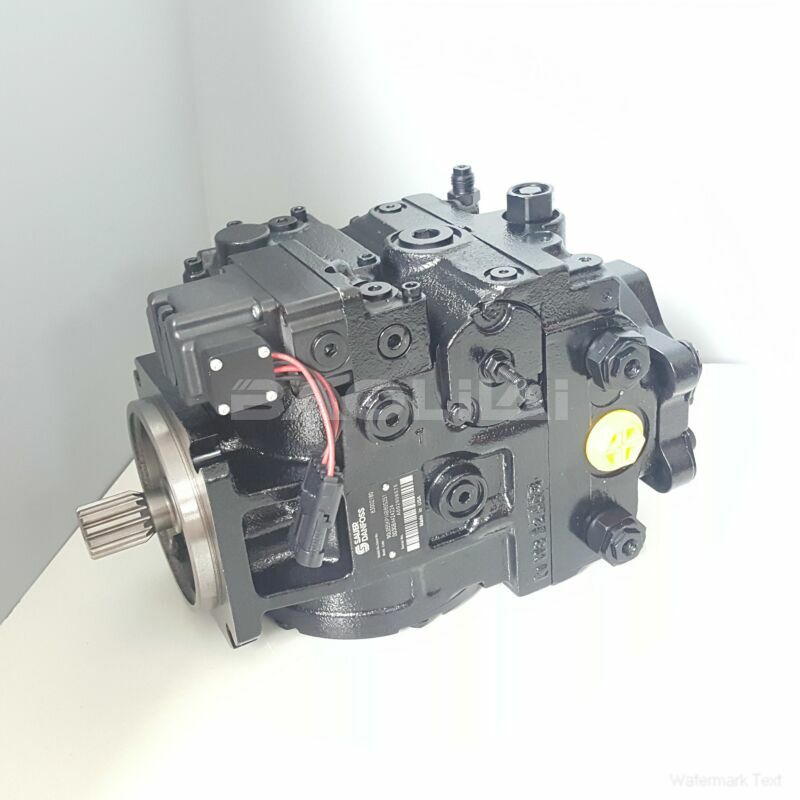90R100DD1NN60D4S1LGBGBA323224 danfoss pump
90R100DD1NN60D4S1LGBGBA323224 danfoss pump

- Product Details
- Applicable Scene
In recent years, the fields of genetic engineering and biotechnology have seen remarkable advancements, fueled by innovative technologies and precise engineering processes. Among the myriad of tools employed in these scientific disciplines, plunger pumps have emerged as essential devices that significantly enhance research efficiency and accuracy. This article explores the role of plunger pumps in genetic engineering and biotechnology research, focusing on their applications, advantages, and impact on the field.
90-R-100-DD-1-NN-60-D-4-S1-L-GB-GBA-32-32-24
90R100DD1NN60D4S1LGBGBA323224
Plunger pumps are positive displacement pumps that utilize a reciprocating mechanism to move fluids through a system. They are well-known for their ability to deliver precise volumes of liquid, making them invaluable in laboratory settings where accuracy is crucial. In biotechnology research, plunger pumps are frequently used for liquid handling tasks such as reagent preparation, sample transfer, and nutrient delivery, all of which are foundational processes in genetic engineering experiments.

96-2714
One of the primary applications of plunger pumps in genetic engineering is in the preparation of DNA and RNA samples. For instance, the manipulation of genetic material often involves adding reagents in specific quantities to ensure optimal reaction conditions. Plunger pumps facilitate this process by providing consistent and accurate flow rates, minimizing the risk of human error that could lead to suboptimal results. This precision is particularly important when dealing with sensitive experimental setups, such as PCR (Polymerase Chain Reaction) or cloning procedures, where exact concentrations of enzymes and nucleotides can dramatically influence the success of the experiment.
In addition to their role in liquid handling, plunger pumps are also utilized in various bioreactor systems used for cell culture and fermentation. These systems require the precise control of fluid volumes and flow rates to maintain optimal environmental conditions for microbial or cell growth. Plunger pumps enable researchers to regulate the infusion of nutrients, gas, and other essential components with high accuracy, thus promoting efficient growth and yield of the desired biological products. This capability is vital for producing therapeutic proteins, vaccines, and other biologics that are increasingly important in modern medicine.





